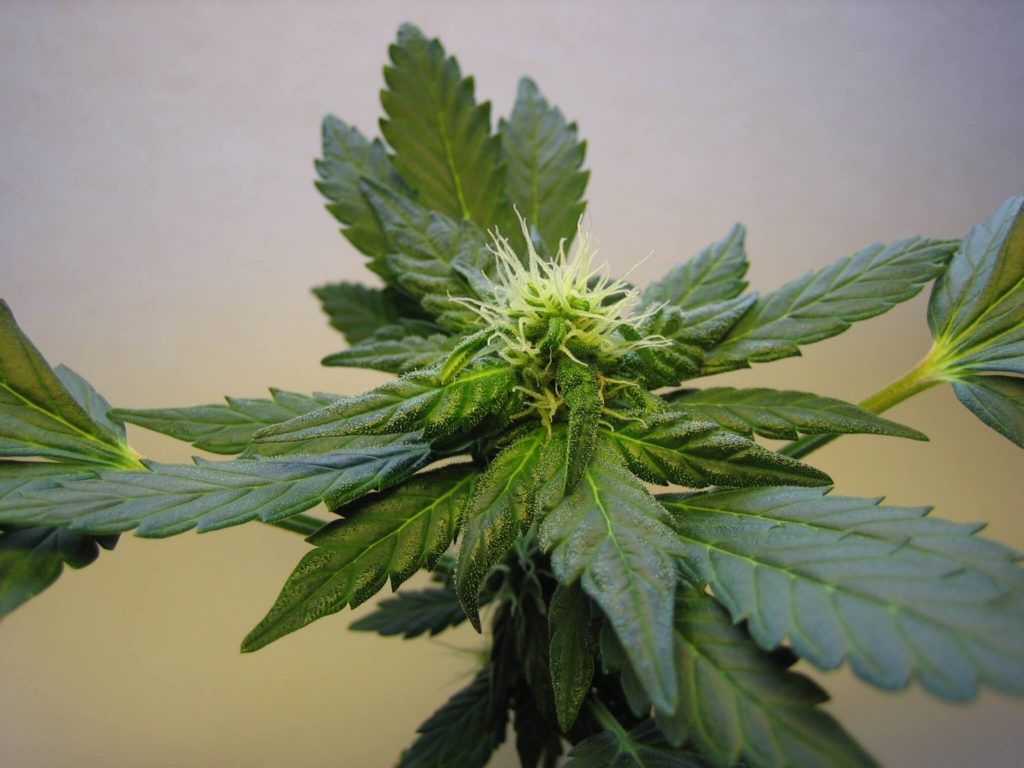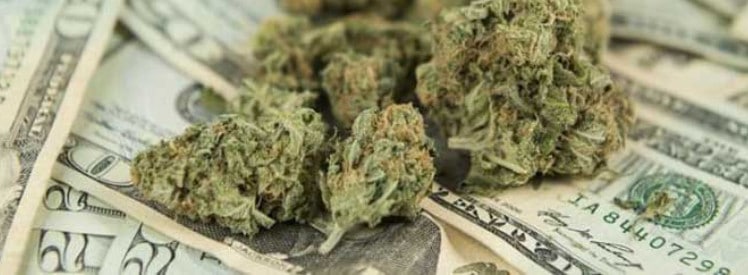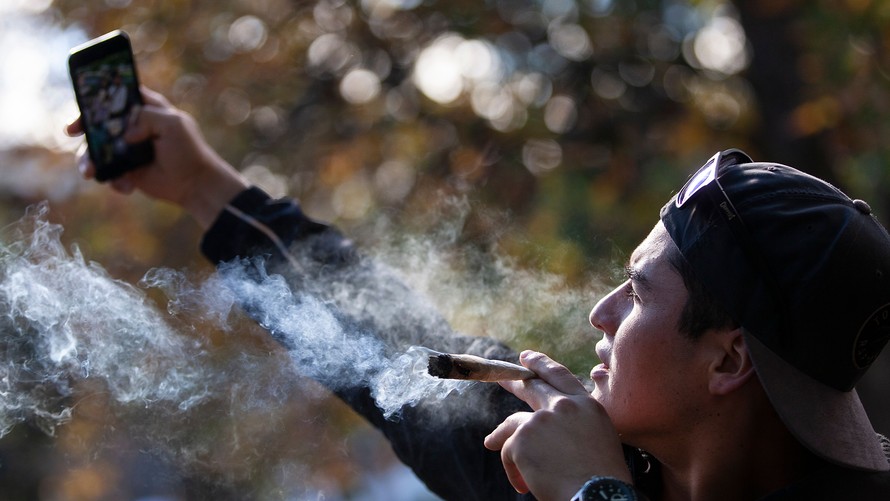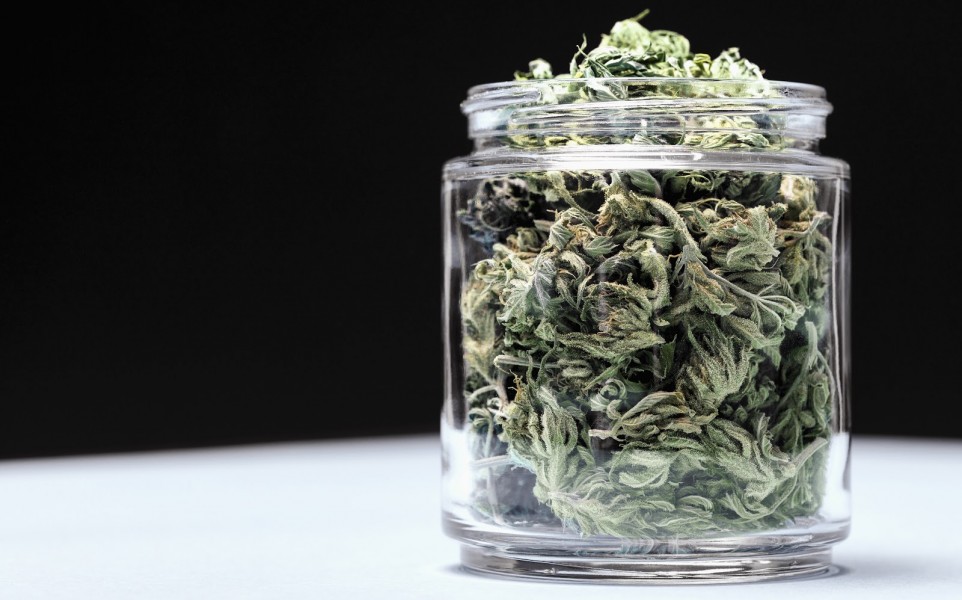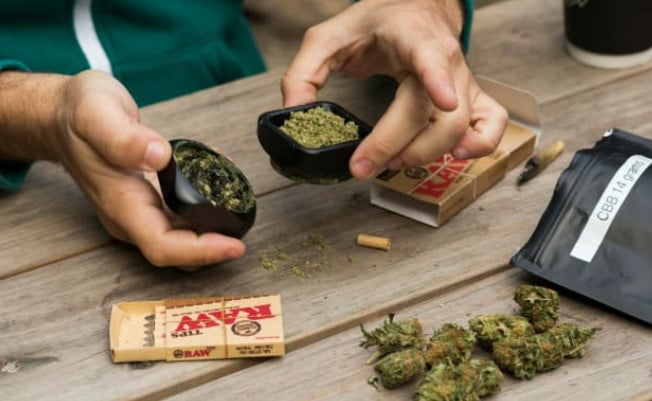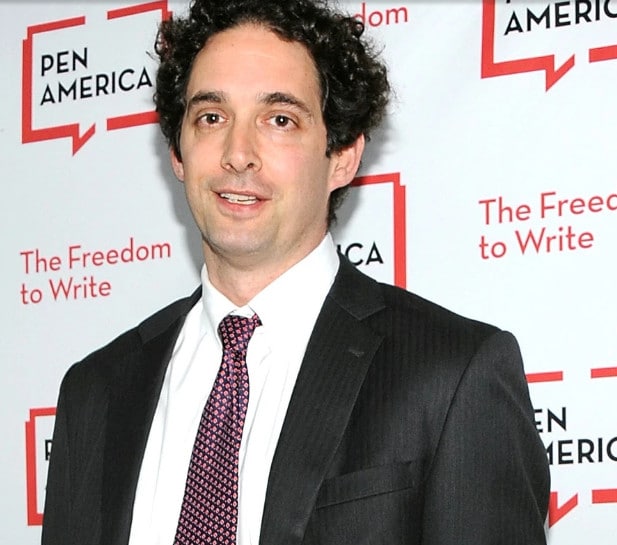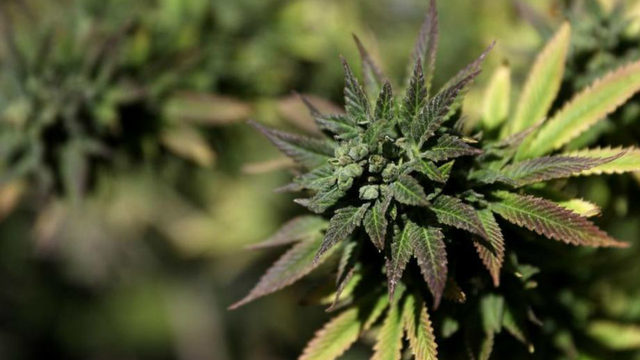The beer industry has for years debated whether recreational marijuana cuts into beer sales. When the first states legalized recreational weed—Colorado and Washington, both in 2012—brewers, distributors, and bars wondered whether their customers wouldn’t start to allocate some of their vice budget toward weed instead of beer. A percentage of people have always smoked pot, of course, but some in the beer industry worried that legalization would increase the number of people choosing a joint over an IPA. Now that more states have legalized recreational marijuana, there’s more data to analyze to find out whether the budding industry is slowing beer sales.
Oregon, which legalized recreational weed via a ballot measure in 2014, represents an interesting case study. Decriminalization went into effect July 1, 2015, making 2016 the first full year that Oregonians could choose between beer and marijuana to unwind. According to by IRI data reported by Bend Bulletin, 2016 is also the year that the growth of packaged craft beer sales (beer in cans and bottles) dipped noticeably in Oregon. In 2015, those sales had grown 12.3 percent; in 2016, just 2.8 percent. And in 2017? A paltry 0.3 percent. Nationally, growth in packaged craft beer sales also slowed during those years, but not to the extent that Oregon saw.
Some have been quick to line up the timing with what was happening with recreational marijuana, including the CEO of Bend, Oregon-based, Deschutes Brewery, the 10th largest craft brewery in the U.S. per Brewers Association rankings. “I believe cannabis has affected sales,” Deschutes Brewery CEO Michael LaLonde recently told Bend Bulletin. “It’s so potent today. Someone might go and have a beer and do some edibles, and the combination of those two things means they don’t consume as much alcohol.”
Following a dip in overall sales in 2016—the first year that had happened for Deschutes—the brewery decided to delay the construction of a $95-million expansion in Roanoke, Virginia. Construction will now begin in 2019.
Correlation does not equal causation, though; and I’m reluctant to place all the blame for slowing packaged craft beer sales in Oregon on legalized weed. There are a few other recent factors that might also be contributing to the slowdown, including:
Increased competition
As of the end of 2016, Oregon was home to 230 operating breweries, according to the state’s brewers guild. Statewide beer production doubled between 2005 and 2014, with 71 percent of that growth coming from new breweries, according to the Oregon Office Of Economic Analysis. That means lots of options for consumers to choose from, and has raised questions of whether the Oregon market has finally reached a “saturation point” for beer, making it harder to sustain the double-digit sales growth of the mid-2010s. About a quarter of the beer consumed in Oregon is brewed in Oregon, which is already a high rate compared to other states. spirits and wine could be siphoning beer drinkers away, too.
More focus on taprooms and draft beer
A noticeable aspect of the declining sales numbers cited above is that they refer only to packaged beer, not draft beer. As lots of new breweries open yearly in Oregon—and around the country—many are opting for a modest, taproom-focused model that relies more heavily on draft beer sold through the taproom itself rather than cans and bottles on retail shelves. Perhaps a percentage of the decline could be explained by a preference for draft over bottled or canned beer.
Tougher times for regional breweries
As small taproom-focused breweries open, and as once-small breweries make the leap into bottling or canning, large and established breweries the size of Deschutes have to work harder to keep themselves cool and relevant on shelves. If you’ve lived in Oregon, you’ve probably drank Deschutes Black Butte Porter for years now—as you should, because that beer is tasty—but when there are five other locally made porters also for sale, are you going to choose Deschutes every time? Across the country, regionally and nationally distributed breweries are feeling the heat as more choices lead consumers to be ever more fickle in their beer choices.
So while recreational marijuana likely plays some role in slowing Oregon’s packaged beer sales, it’s important to keep the full picture in mind. My instinct says that while weed is probably a factor in the slowing sales, it’s not the only explanation. But hey, if I knew all the economic secrets, I’d be making bank as a consultant, not blathering on about beer on the internet.
Credit: thetakeout.com


